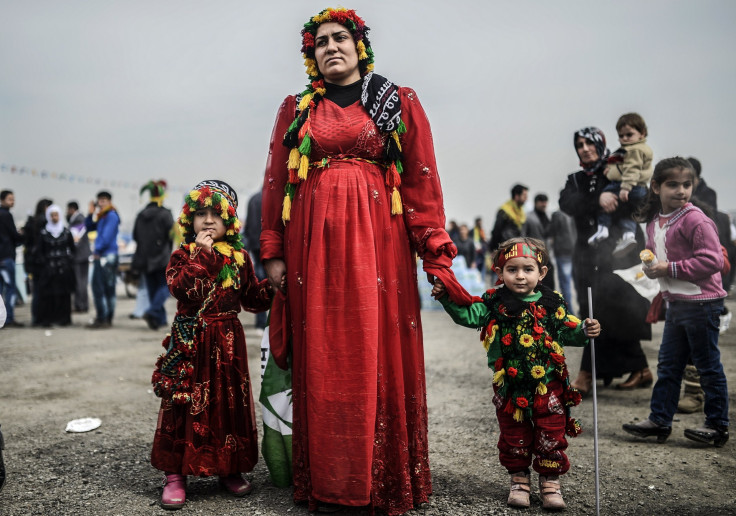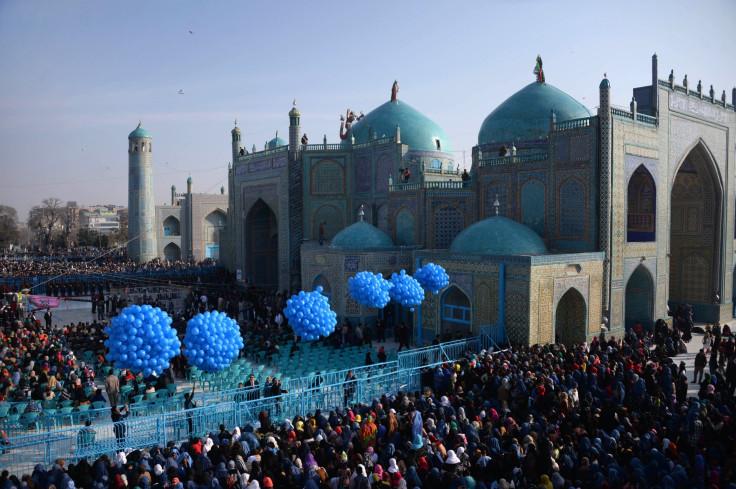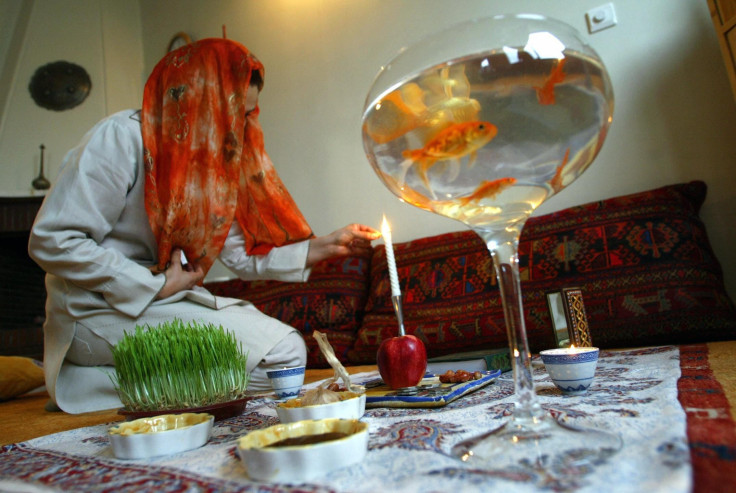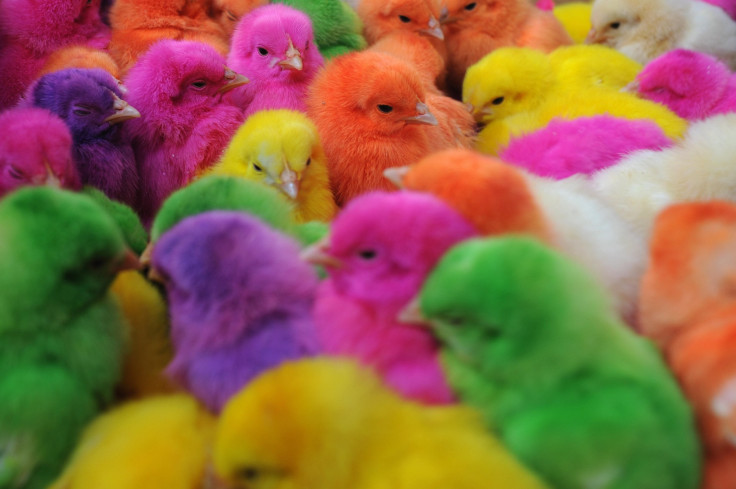What Is Nowruz? How The Persian New Year Is Celebrated In Iran, Afghanistan And Turkey

In case you missed the last New Year’s celebration, here’s your next chance. Millions of people across the Middle East and Central Asia Sunday will be marking the traditional Persian New Year, Nowruz, which literally translates as “New Day.”
The holiday dates back about 3,500 years, with roots in Zoroastrianism, an ancient Persian religion that predates Islam and even Christianity. It’s a public holiday not only in Iran but also in Afghanistan, Iraq and Uzbekistan, among other countries. The observance actually lasts 12 days. In nations such as Iraq and Turkey, it is celebrated mostly by the Kurdish population.

Although most in the region are Muslim today, and Iran maintains hardline Islamic policies, Nowruz is frequently celebrated across religious lines, with celebrants tending to view it as a secular holiday. The date emphasizes the changing season, as well as the associated rebirth and revival.
Families often begin preparing for the date with an annual spring cleaning of their homes, known in Farsi as “knoneh takooni,” which includes washing curtains, rugs and windows; making necessary repairs; and donating unneeded household items. Families also set their table with a spread of seven items that start with the letter “S” in Farsi, such as sprouts, sumac and garlic, representing sunrise and health. The date is aptly called Seven S’s.

The Wednesday preceding the holiday, people frequently light bonfires and set off firecrackers in the streets. They sing and dance around the flames, often linking arms. The ritual appears to be in line with its Zoroastrian roots, given that all Zoroastrian ceremonies were held in the presence of fire. In Iran last week, at least three people were killed and hundreds injured during the annual fire festival.
On the actual date of the holiday, those celebrating Nowruz typically visit family members’ homes, hold feasts and exchange gifts. Some cities also feature festivals in the streets.

Hardline Islamic groups have in the past sought to crack down on the holiday, given its pre-Islamic origins. It was outlawed in Afghanistan by the Taliban until the militant group was ousted from power in 2001, and some sought to ban the holiday after the Islamic Revolution of 1978-79 in Iran. However, Supreme Leader Ayatollah Ali Khamenei defended the pre-Islamic holiday in 2008 as “part of our history.” He has issued a fatwa saying the fire ceremony should be avoided, citing safety concerns.
© Copyright IBTimes 2024. All rights reserved.






















